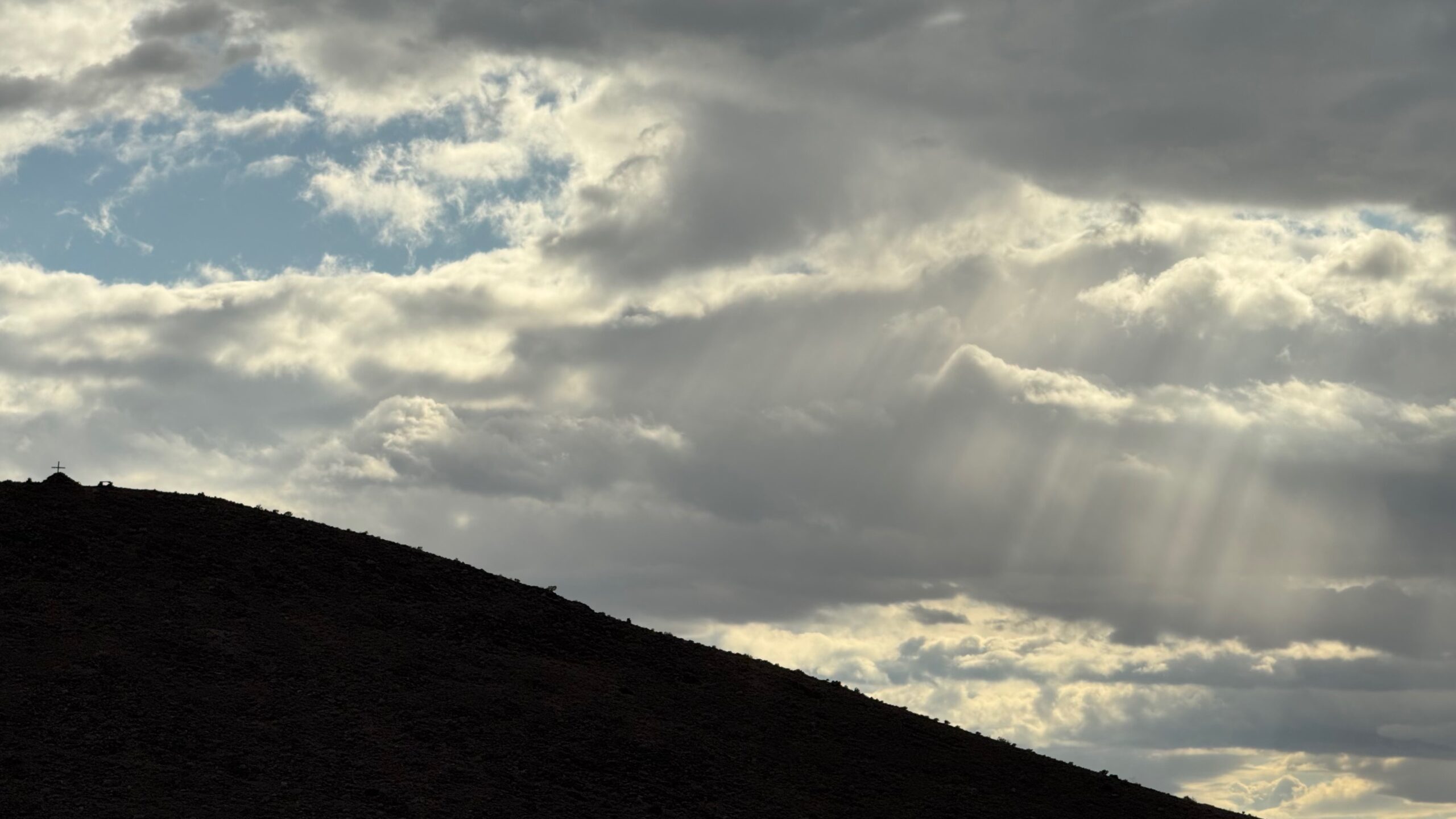Dear Sagebrush Sally,
In a town as small as Tecopa, trying to keep something quiet can feel like painting it in neon. I recently saw a situation where someone tried to shut down a conversation they didn’t like—only to make it explode into the biggest topic in town. It reminded me of the Streisand Effect—you try to bury something, and suddenly everyone’s talking about it.
Why does this happen so often in small towns? And how do we handle sensitive topics or disagreements without making things worse by trying to hush them up? Sometimes it feels like the more someone tries to control the story, the more they lose control of it.
— Whisper-Turned-Wildfire
Dear Whisper-Turned-Wildfire,
I’m mighty glad you brought up the Streisand Effect—nothing quite captures the paradox of small-town secrecy like trying to squash a story and watching it sprout legs, wings, and a megaphone. For folks who haven’t heard of it, the term comes from when Barbra Streisand tried to suppress photos of her home, only to end up drawing the whole internet’s attention straight to her front door. Classic case of “the harder you hide it, the brighter it glows.”
Now, in Tecopa, we may not have paparazzi buzzing overhead, but we’ve got the next best thing: neighbors with sharp ears, longer memories than they let on, and a tendency to turn the tiniest ripple into a whole desert wave. And unlike the internet, here you bump into your audience at the bathhouse or while buying gas and jerky.
Lately, though, there’s something even thornier cropping up—folks trying to use the legal system to muzzle others. Whether it’s threats, lawsuits, or vague warnings meant to scare someone into silence, that kind of behavior doesn’t just go against the grain of desert values—it goes against the very idea of America. The First Amendment wasn’t written for when we all agree. It was written exactly for moments like this—when ideas clash, tempers flare, and someone still needs to be able to say their piece without fear of punishment.
Trying to shut down a rumor, a disagreement, or a touchy topic by force—legal or social—almost always backfires out here. People don’t take kindly to being told what not to talk about, and when you add a dash of mystery or intimidation, well—now you’ve got a potluck of speculation with a side of outrage.
So what’s a better approach? Sunlight. Calm, honest conversation. A willingness to own your part in a story before someone else writes it for you. If something needs correcting, kindly make the request.
In a place this small, managing a narrative isn’t about control—it’s about trust. If you’ve built it, folks will give you the benefit of the doubt. If you haven’t, well… time to roll up your sleeves and start earning it.
Just remember: you can’t build a strong community by silencing voices. And the desert doesn’t keep secrets for long.
— Sagebrush Sally


Leave a Reply